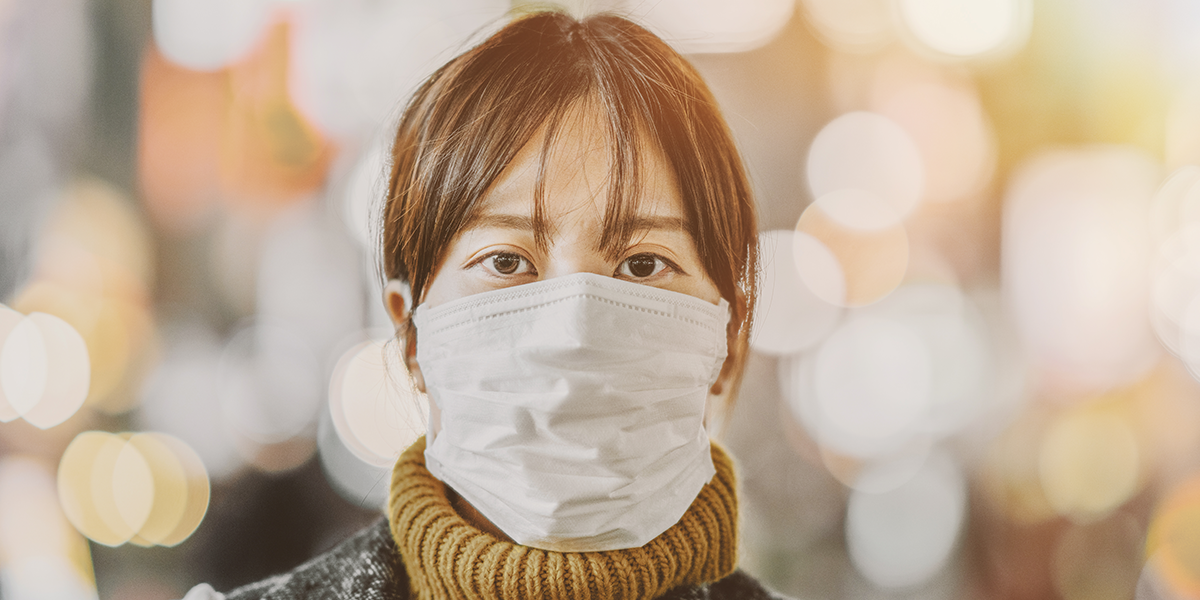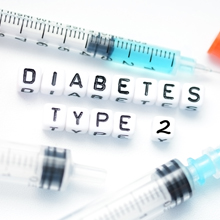The Coronavirus Disease 2019 (CoViD-19) was first reported as a pneumonia of unknown cause in Wuhan, China in December 2019. Within a month, it was declared a Public Health Emergency of International Concern. Now, the World Health Organization (WHO) declares it as a pandemic that has become widespread around the world, affecting millions of people including Filipinos.
By its name, the CoViD-19 is a disease caused by the pathogen SARS-CoV-2 that belongs to the coronavirus family, the same that make up SARS (Severe Acute Respiratory Syndrome) and MERS-CoV (Middle East Respiratory Syndrome Coronavirus). Though it has been confirmed to be more highly contagious compared to the two diseases it is akin to, CoViD-19 has a significantly lower fatality rate of 3-4% according to the World Health Organization (WHO).
Prevention and keeping one’s immune system strong are two of the best ways to cope with its outbreak. Here are some of the ways to do them:
1. Observe good hygiene. Good habits help prevent the spread of viruses, helping you protect yourself and the people around you. Here are some hygiene measures advised by WHO.
- Wash hands frequently with soap and water for at least 20 seconds
- Disinfect with alcohol-based sanitizers with at least 60% alcohol concentration if you have no access to soap and water
- Avoid touching your face in general (especially the eyes, mouth, nose area) because infectious diseases can enter the body through the mucosal membranes
- Clean your surroundings
- Follow proper waste disposal guidelines
- Practice food safety
- Cover your mouth when coughing or sneezing and use a mask if needed (Know when and how to use masks here.)
2. Keep yourself healthy. Take care of your health so that your body will be strong enough to ward off disease or recover from it when you become infected. These are what you can do:
- Take vitamins to boost your immunity
- Get enough sleep of about 7-9 hours for your body to be recharged.
- Stay home when sick to rest well and avoid transmitting the disease to others
- Exercise for natural stress-release and to keep yourself energetic
- Get fresh air by opening the windows to encourage natural ventilation that improves wellbeing and helps lessen the risk of disease transmission
3. Limit physical contact. This applies to both people and animals. In the meantime, try not to hug and give your loved ones (including pets) a kiss when either you or them just came from a public place. Keep away from public areas unless it is necessary (like reporting to work, a trip to the drugstore to buy medications, or hitting the supermarket to restock your fridge). Curb your thirst for traveling at the moment.
You should also distance yourself from people who are sick and do the same when you have flu symptoms. If you don’t feel well, it is important to be smart about when to go to the hospital because an unnecessary visit can expose you to viruses and diseases when there was initially none. You can give your preferred hospital a call prior to a visit or evaluate your symptoms first.
4. Watch out for these symptoms:
- Fever ( > 38 °C) *
- Cough or shortness of breath*
- Fatigue*
- Diarrhea
- Headache
- Sore throat
- Nasal congestion
*The first 3 symptoms are the most commonly found on confirmed CoViD-19 cases
5. Get accurate information. Know the right information about CoViD-19 to avoid misinformation that can cause not just health hazards but also panic and discrimination out of misconceptions. Follow reputable news sources and avoid sharing conversation screenshots that are usually unverified and can result in fearmongering. Also, read the updates of WHO on this.











.png)

